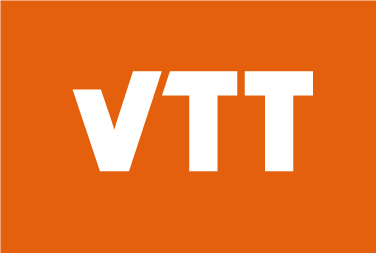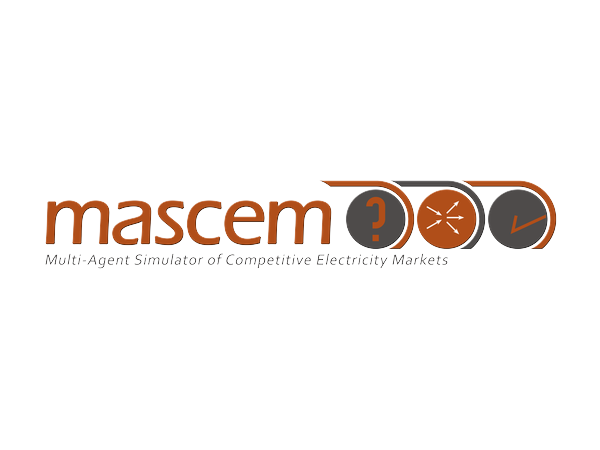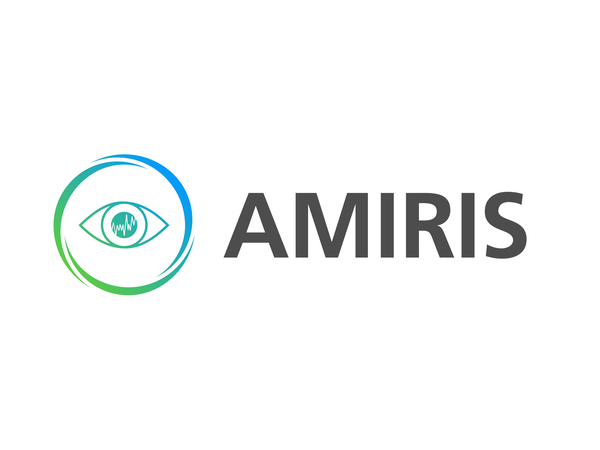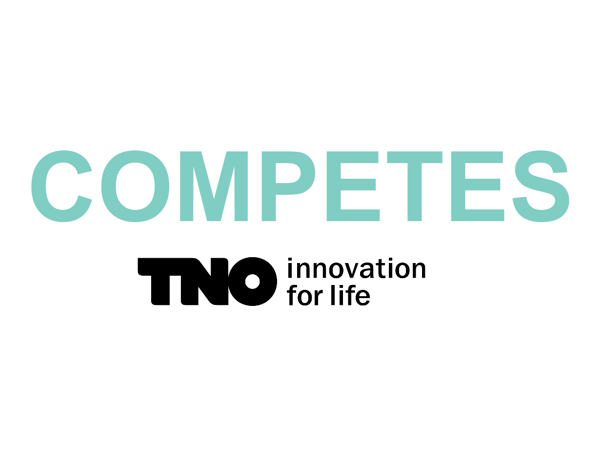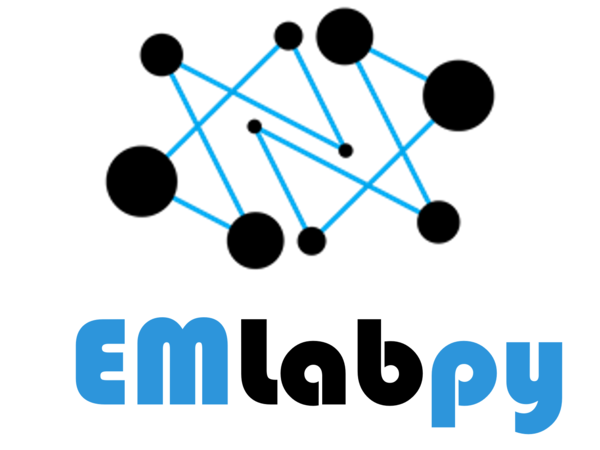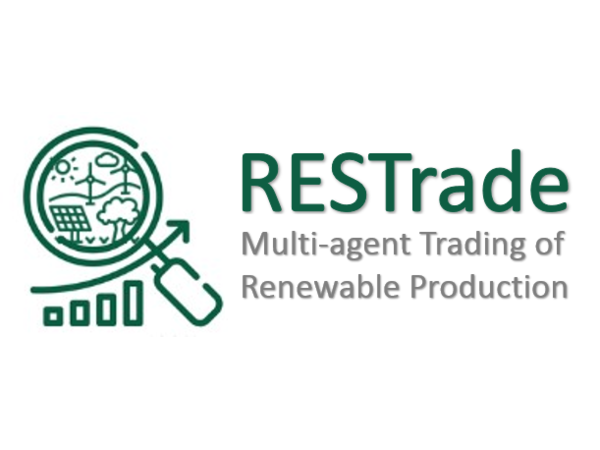The Project
Exploring European Energy Market Designs with a Dynamic Tool.
In the ever-evolving realm of European energy, effective decision-making is paramount. Derived from the TradeRES consortium's research efforts and based on the insights from WP5, the Market Web Decision Tool connects research with practical impact. This tool effectively bridges the gap between research and action, enabling stakeholders and policy makers to practically explore the potential impacts of diverse market design alternatives. This user-friendly platform simplifies complex findings from experts and empowers decisions for the European energy system's future.
Comprising two essential components, the model's explanation area and the results visualization and exploration area, this tool offers a simplified approach. The former simplifies complex simulation models into easily understandable insights, making the often-intricate world of modeling accessible to all, regardless of their technical background. The results visualization and exploration area take an interactive step forward, converting data into accessible visuals. This interactive feature enables us to grasp how diverse market designs could function across different energy markets.
The Market Web Decision Tool goes beyond being a static repository; it's an invitation to engage actively. It's a space to experiment with scenarios, evaluate design options, and gain hands-on familiarity with potential market dynamics. Transparency is at its core. We're giving policy makers access to insights for informed decisions. And by involving market participants, we're building a collaborative space for diverse perspectives.
In a nutshell, the Market Web Decision Tool simplifies complexity and encourages collaboration. It's a shared platform where expertise meets practicality. It's a place to share ideas, a platform for working together, and a driver for positive change in European energy.
Models
This section presents a comprehensive overview, offering a detailed description of the energy market models developed by TradeRES consortium partners.
These detailed descriptions, supported by research, provide the essential foundation comprehending the subsequent results and understanding the complex dynamics of energy markets.
Analytics
How could market designs impact market performance? See and compare our model results!

About
The TradeRES project will develop and test innovative electricity market designs that can meet society's needs of a (near) 100% renewable power system. A long-term sustainable market design needs to provide efficient operational and investment incentives for an electricity system that is characterized by a high share of variable renewable energy sources (vRES) by increasing integration with other energy sectors, e.g. transport and hydrogen, and by increasing participation of flexible electricity demand from households to industrial consumers. Furthermore, this market design needs to provide security of supply by ensuring sufficient controllable electricity generation capacity whilst being economically efficient. Finally, despite the variability of solar and wind energy, the market risks should be allocated in an efficient and socially accepted way. This should also safeguard that consumers are not exposed to extreme swings in their energy expenses.
In this sense, this project aims at finding market designs that are economically efficient in the above setting. To achieve these goals the project will use an iterative methodology and involve the key players from the energy sector in order to achieve and test the most suitable market designs.
This project has received funding from the European Union's Horizon 2020 research and innovation program under grant agreement 864276.










